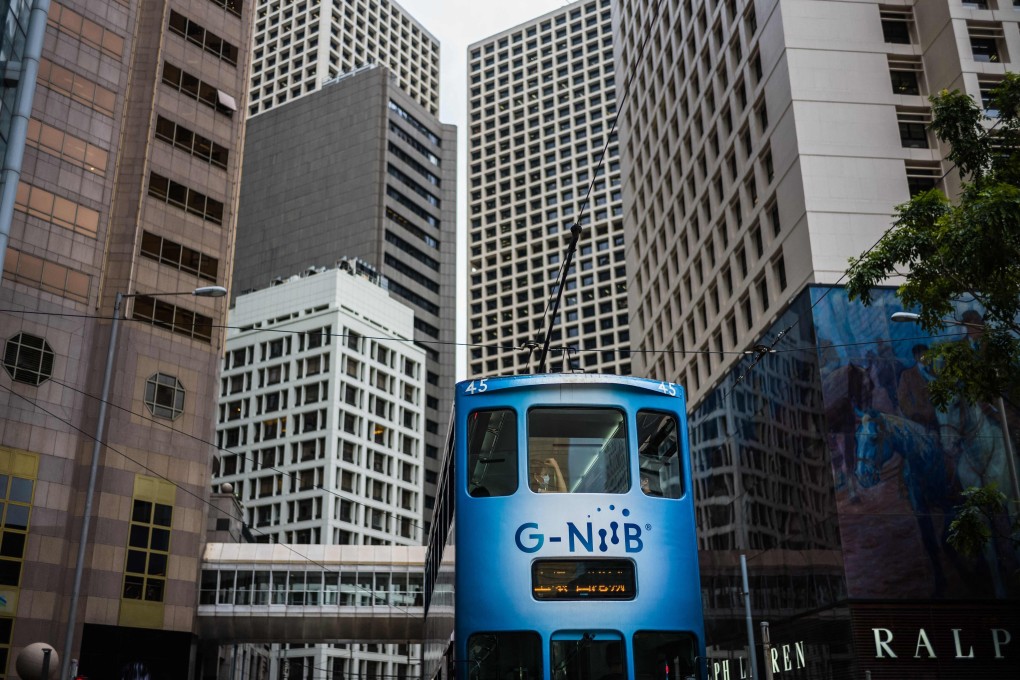Asian investors and targets remain hot on SPACs, as fundraising by blank-cheque companies cools
- Blank-cheque companies raised nearly US$94 billion in the first quarter, have only taken in US$12 billion since April
- SEC raised questions about accounting for SPACs in April, putting a chill on global fundraising

Asian investors and target companies in the region remain keen on special purpose acquisition companies (SPACs), with more than a dozen of these so-called blank-cheque companies with ties to Asia seeking to go public in the United States in the past two months alone.
SPACs raised nearly US$94 billion globally in a frantic first quarter, more than the US$81 billion raised in all of 2020 and more than the US$80 billion raised in the prior 15 years combined, according to data from Refinitiv. Since the beginning of April, blank-cheque companies have only raised about US$12 billion globally, according to Refinitiv.
That has done little to dampen the enthusiasm of Asian sponsors, according to investors, deal makers and potential target companies.

03:34
SPACs: Everything you need to know about the finance world’s new big thing
“You cannot walk down a street without a SPAC falling down and hitting you on the head these days,” said Andy Tian, co-founder and CEO of Asia Innovations Group, the Chinese company behind live-streaming platform Uplive. “From an outsider, private company point of view, SPACs [are] definitely interesting.”